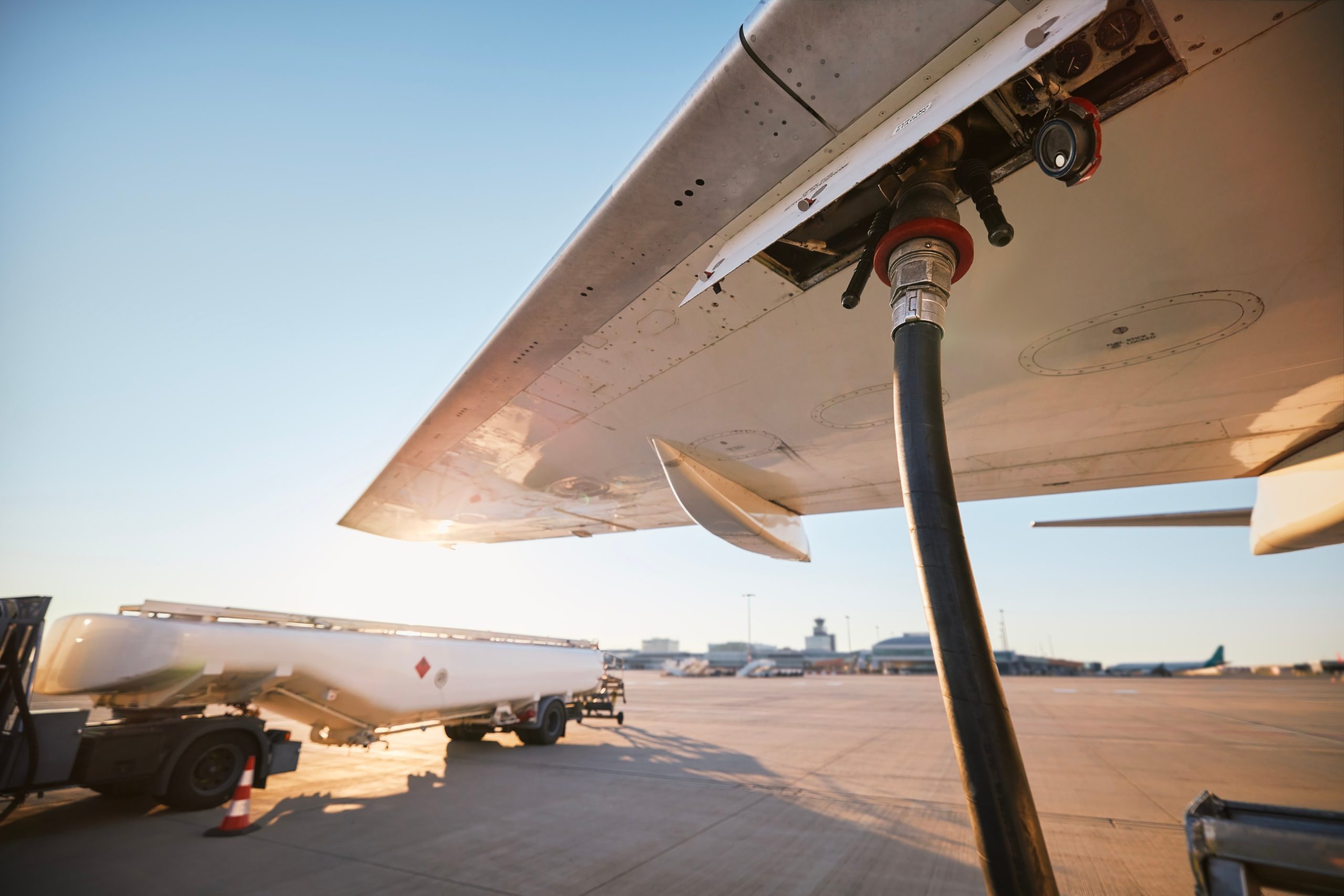The Council on Sustainable Aviation Fuel (CoSAFA) – comprised of leading global aviation associations with AJW as the secretariat – introduced its “Methodology for SAF Environmental Attribute Transactions,” a first step in establishing publicly available, universally recognized procedures for Sustainable Aviation Fuel (SAF) accounting and auditing to support global book and claim systems.
The guidance details the information and procedures necessary for individual book and claim systems to transparently and credibly transact SAF’s associated environmental benefits.
“Book and claim is a key step to providing access to SAF even when an operator can’t upload the physical fuel,” said Stewart D’Leon, Director for Environmental & Technical Operations at the National Business Aviation Association (NBAA). “The CoSAFA methodology reduces possible risk in the purchasing process and provides the rigor needed for an operator to have confidence in their fuel purchase.”
Capt. Claude Hurley, Director, Environment & Flight Operations at the International Business Aviation Council (IBAC), said, “The transition to Sustainable Aviation Fuels will be the greatest contributor to business aviation achieving NetZero carbon emissions by 2050. Book and claim systems are required for wider SAF uptake, especially in areas where it’s not yet readily available. We applaud CoSAFA’s efforts to develop this transparent, credible B&C accounting and auditing methodology.”
With the aviation industry working to reduce emissions in a difficult-to-decarbonize sector and limited SAF supply, book and claim systems help create global access to the environmental benefits of innovative fuels, while maintaining the environmental integrity of SAF by using it closest to production. CoSAFA’s methodology helps ensure the environmental claims made by using SAF within book and claim systems are both credible and transparent by creating a basic set of fair rules that:
- Provide equal access to decarbonization solutions for all entities in the global aviation sector
- Create a more attractive and stable investment environment for commercially viable decarbonization solutions
- Ensure regulatory bodies and aviation companies can rely upon the integrity of book and claim transaction systems for decarbonization and sustainability compliance requirements.
Designed as a globally accepted set of practices, the CoSAFA methodology helps ensure audibility, prevent double counting, and provide transparency on aviation sustainability and decarbonization claims.
“IATA and its airline members have committed to a net zero target by 2050 and SAF plays a significant role in achieving that. To scale up SAF use, we need robust book and claim systems
that are agnostic, credible, and provide the necessary level of transparency,” said Daniel Chereau, Assistant Director Climate Policy, International Air Transport Association (IATA).
“CoSAFA has engaged a broad range of stakeholders in the development of this methodology, which provides the critical transparency needed in the development of fair rules for book and claim. Through continued collaboration across the aviation industry, CoSAFA can provide a unified foundation for SAF transactions,” Curt Castagna, President and CEO, National Air Transportation Association, concluded.
About CoSAFA
CoSAFA is a 501(c)(3) non-profit; the Board of Directors represents the global aviation sector, comprised of the International Air Transport Association (IATA), the International Business Aviation Council (IBAC), General Aviation Manufacturers Association (GAMA), National Air Transportation Association (NATA), and National Business Aviation Association (NBAA)


